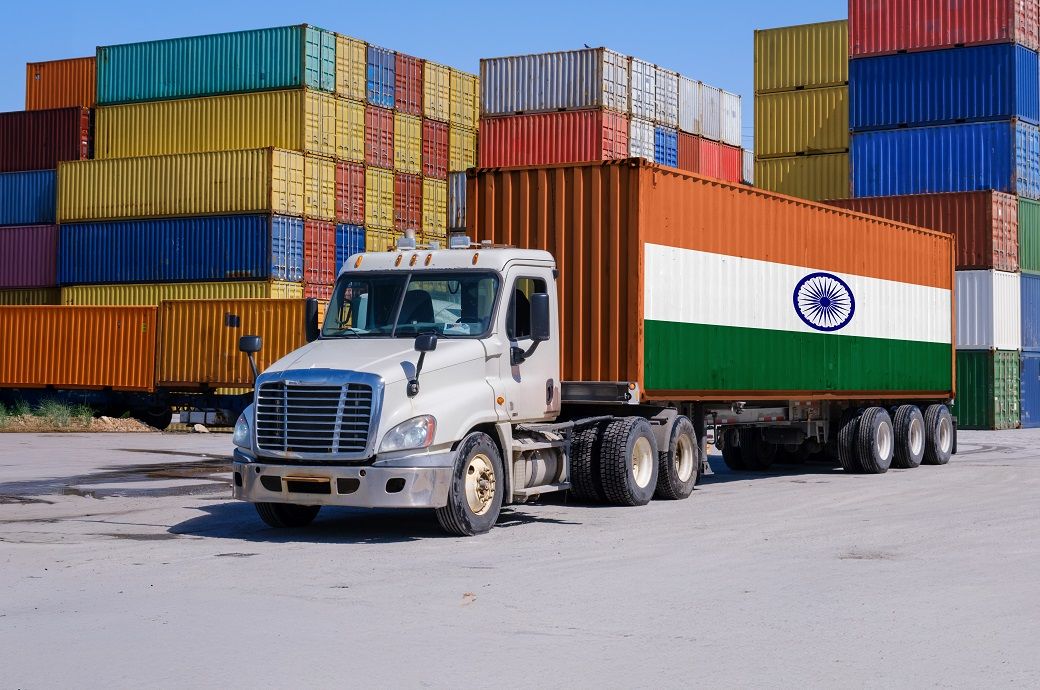
The gain was supported by stronger sequential merchandise exports, which rose to a four-quarter high of $115.1 billion in Q4 FY25, and lower imports at $173.9 billion—a three-quarter low. However, YoY, exports declined 4.4 per cent amid weak demand from key partners and a high base, while imports rose 1.2 per cent YoY.
Top export drivers included telecom instruments, drug formulations, and ready-made garments (cotton), while import growth was led by intermediate and infrastructure goods. For many commodities, value growth outpaced volume growth, indicating higher prices or value-added imports, Ind-Ra said in a press release.
Looking ahead, Ind-Ra anticipates a shift. The imposition of reciprocal tariffs by the US in April 2025 and heightened global uncertainties are likely to disrupt trade flows. The global merchandise trade volume is expected to contract 0.2 per cent in 2025, compared to an earlier growth forecast of 2.7 per cent, as per the World Trade Organization (WTO).
Ind-Ra projects India’s merchandise exports to dip to around $113 billion and imports to rise to $189 billion in Q1 FY26, driven by pre-emptive buying amid tariff pauses and geopolitical risk, notably in the Middle East. Consequently, the goods trade deficit may widen 22.4 per cent YoY to $76 billion.
“All in all, Ind-Ra expects CAB to turn into a deficit of around 1.2 per cent of GDP in Q1 FY26”, said Paras Jasrai, economist and associate director of Ind-Ra.
The escalation of the Israel-Iran conflict extends the clouds of uncertainty prevalent in the global economic environment. Iran’s threat of closure of Strait of Hormuz which is responsible for shipping over 20 per cent of world’s oil supply can spring up oil prices significantly. If such a situation were to materialise, then this could take India’s current account deficit (CAD) to beyond 1.5 per cent of GDP in the later part of FY26, added the release.
ALCHEMPro News Desk (SG)
Receive daily prices and market insights straight to your inbox. Subscribe to AlchemPro Weekly!